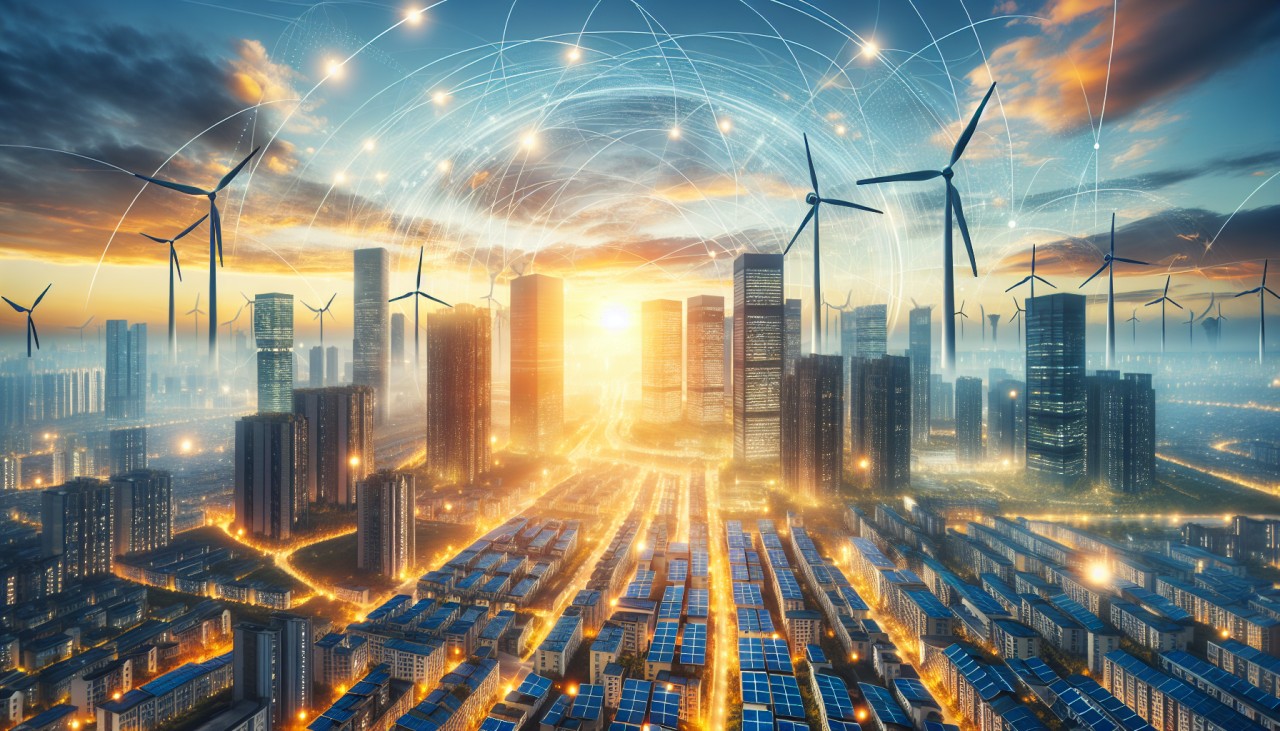Decentralized energy systems are transforming the way we generate and consume power. By shifting from centralized grids to localized energy solutions, these systems enhance efficiency and sustainability. A notable advancement is the integration of blockchain technology, which facilitates secure, transparent, and decentralized energy trading platforms. This innovation allows individuals and communities to buy and sell excess energy directly, bypassing traditional intermediaries. For instance, blockchain-based federated learning models are being developed to support distributed energy trading and sharing, smart microgrid energy networks, and electric vehicle management. These models leverage blockchain's decentralized nature to ensure secure and efficient energy transactions, promoting a more resilient and sustainable energy infrastructure. arxiv.org
Another significant development is the rise of floating solar panels, or "floatovoltaics." These systems involve installing solar panels on bodies of water, such as lakes and reservoirs, which not only conserves valuable land space but also improves panel efficiency due to the cooling effect of water. Floating solar farms have been shown to reduce evaporation rates by up to 70%, helping to preserve water in arid regions. This dual benefit of clean energy production and environmental conservation makes floatovoltaics a promising solution for sustainable energy generation. integratesun.com
Key Takeaways
- Blockchain technology enables secure, decentralized energy trading.
- Floating solar panels conserve land and improve efficiency.
- Decentralized systems enhance energy sustainability and resilience.
